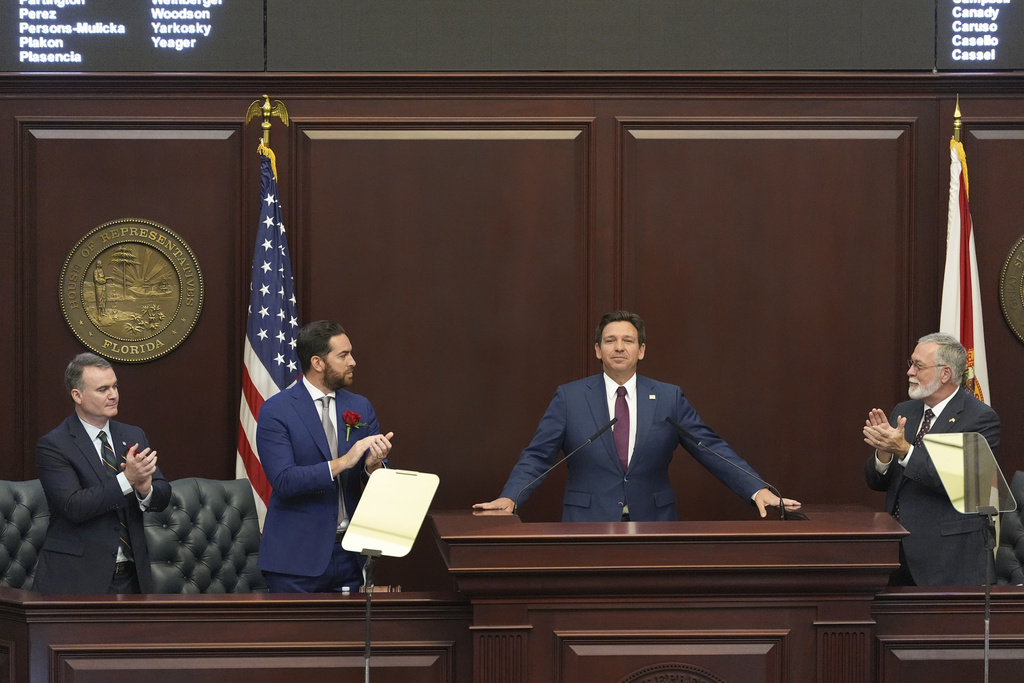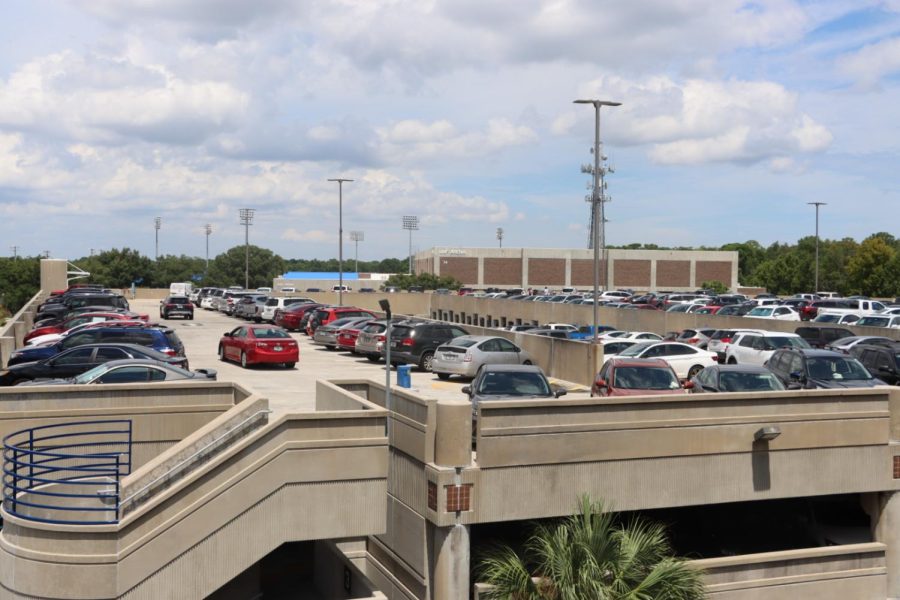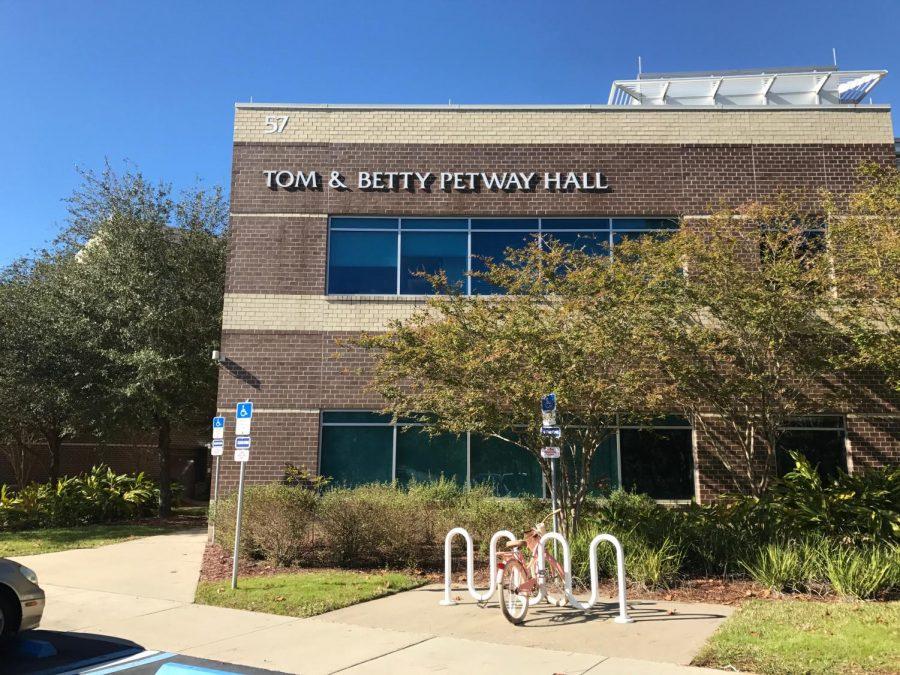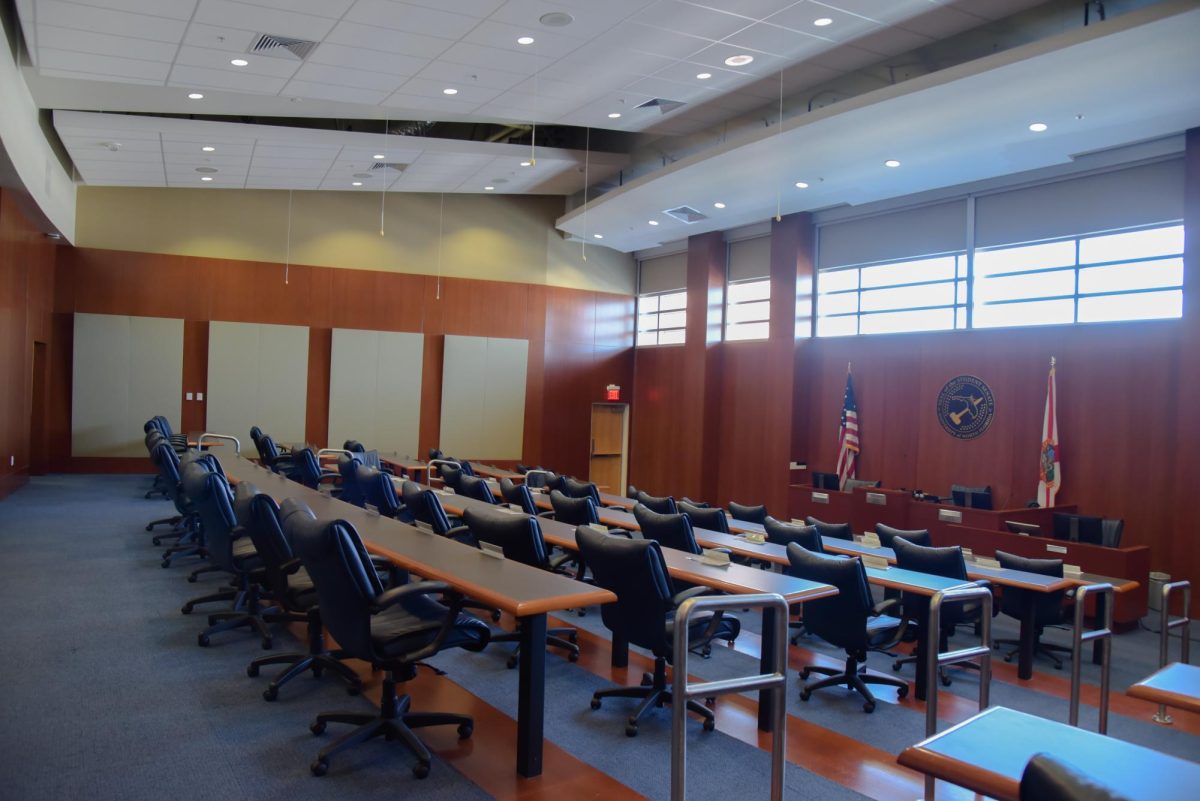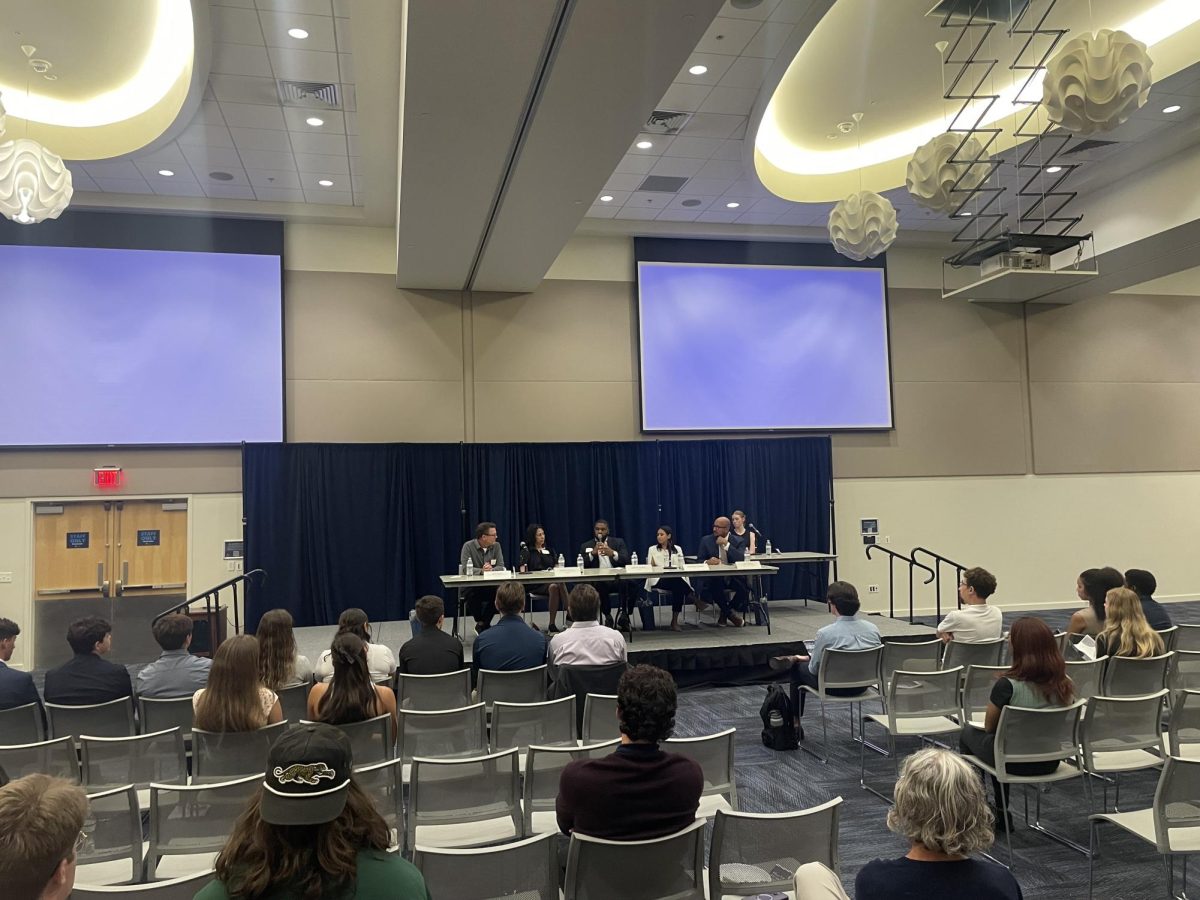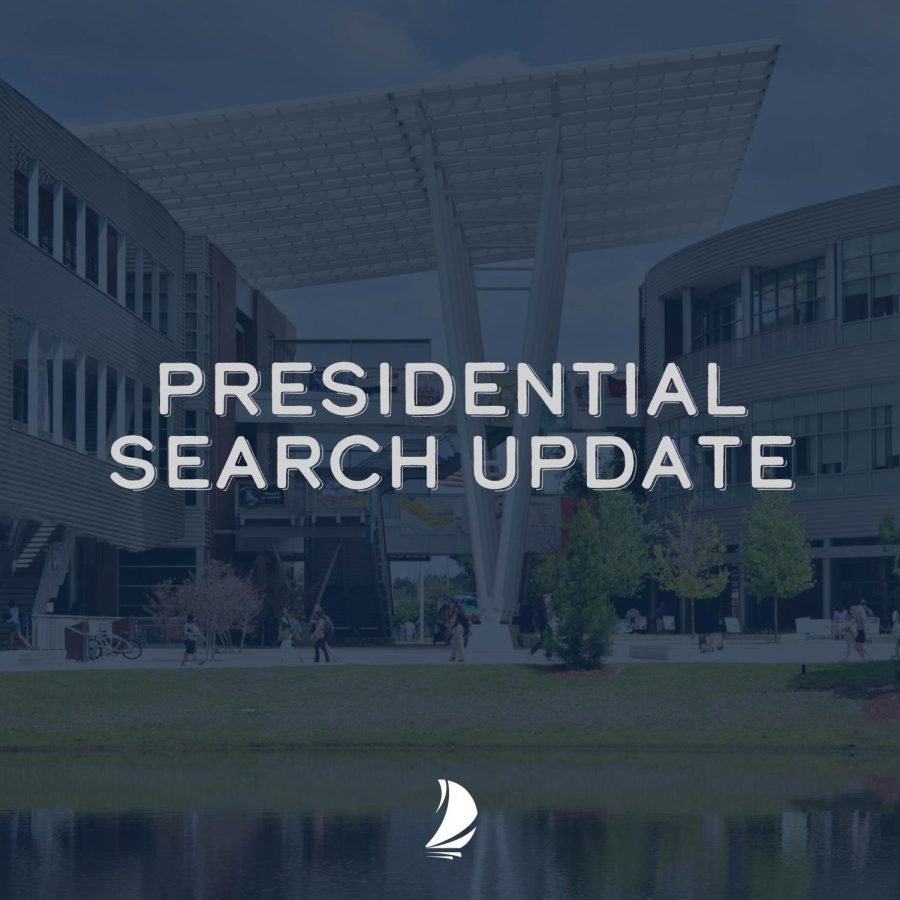State universities might have to amp up their diet regimen after the latest round of gubernatorial vetoes this year, courtesy of Gov. Rick Scott.
As part of a record $615 million vetoes, Scott cut nearly every state university project, including $1.9 million from UNF, primarily used for infrastructure and repairs.
“This is the first time in my eight years here that we haven’t gotten infrastructure money,” said UNF Vice President of Administration Finance Shari Shuman.
The source of money most schools will not be receiving this year comes from a Public Education Capital Outlay (PECO) trust fund. These funds are used for the construction of buildings for educational use and major renovations and repairs, such as elevator repair, roof repair and roads.
“We knew PECO would be cut, [we were] just surprised at how deeply,” said UNF Vice President of Governmental Affairs Janet Owen.
Projects that UNF planned to execute with this year’s, now defunct, PECO funds include roof replacements, restroom upgrades, power upgrades, water softening and phase two of several other projects.
These projects will simply be put off until next year, when administrators hope to see infrastructure funds restored.
“Hopefully we’ll get $1.9 million beyond [next year’s budget] next year,” said UNF President John Delaney.
In reality, UNF saw the shallowest cuts of any university in the state. Florida Agricultural and Mechanical University was next at just more than $2 million, and the University of Central Florida, the University of South Florida and the University of Florida had numerous projects vetoed adding up to well more than $10 million for each school.
“We were not cut as deeply as others, and I’m amazed by that,” Owen said.
The only state university project not to get cut was a $35 million polytechnic campus project for USF, which just happens to rest in the district of Senate Budget Chair J.D. Alexander.
“They’re trying to build a knowledge economy in Lakeland,” Delaney said. “I agree with the premise.”
When asked about the politics behind Scott approving the senate budget chair’s pet project when no one else could, Delaney referenced an old military term.
“R.H.I.P. Rank has its privileges,” he said.
UNF did get a $2.4 million dollar transfer approved to apply toward the construction of the third and fourth floors of the new dining hall, which saved that project.
Since the third and fourth floors of the dining hall are in part going to be used for educational purposes, Owen said, the funding for them would have come from PECO funds, meaning they wouldn’t have come at all.
Instead, UNF was able to save money on two older projects, the Disability Resource Center and the Science and Humanities Building, without degrading the value of the buildings.
It’s a case of value engineering and good planning by the facility committee, Shuman said.
The committee looks at the architect’s plans, sees that tile isn’t needed here, brick isn’t needed there, and saves some money without changing the functionality of the building, Shuman said.
Plus, because the cost estimates for particular buildings are sent to the Board of Governors three years in advance, the school always estimates high to make sure they get enough to complete the project.
President Delaney has made construction and growth at UNF a priority since he came to the school eight years ago, Owen said, and is part of the reason the school has been successful in adding to the campus, despite almost yearly budget cuts recently.
“[UNF] had 2.9 million square feet eight years ago, and we’ve added 1.5 million since then,” Delaney said.
That means essentially one-third of the campus has been built in the last eight years, no thanks to state funding.
As far as the latest vetoes go, students and faculty won’t see the effects until at least next year.
After current projects are finished, we’re not going to see any new buildings next year, Shuman said.
When asked why the state university system was one of the most thoroughly cut institutions, Owen said flexibility plays a big role.
The university system is perceived as having options, like raising tuition, more so than other institutions, she said.



